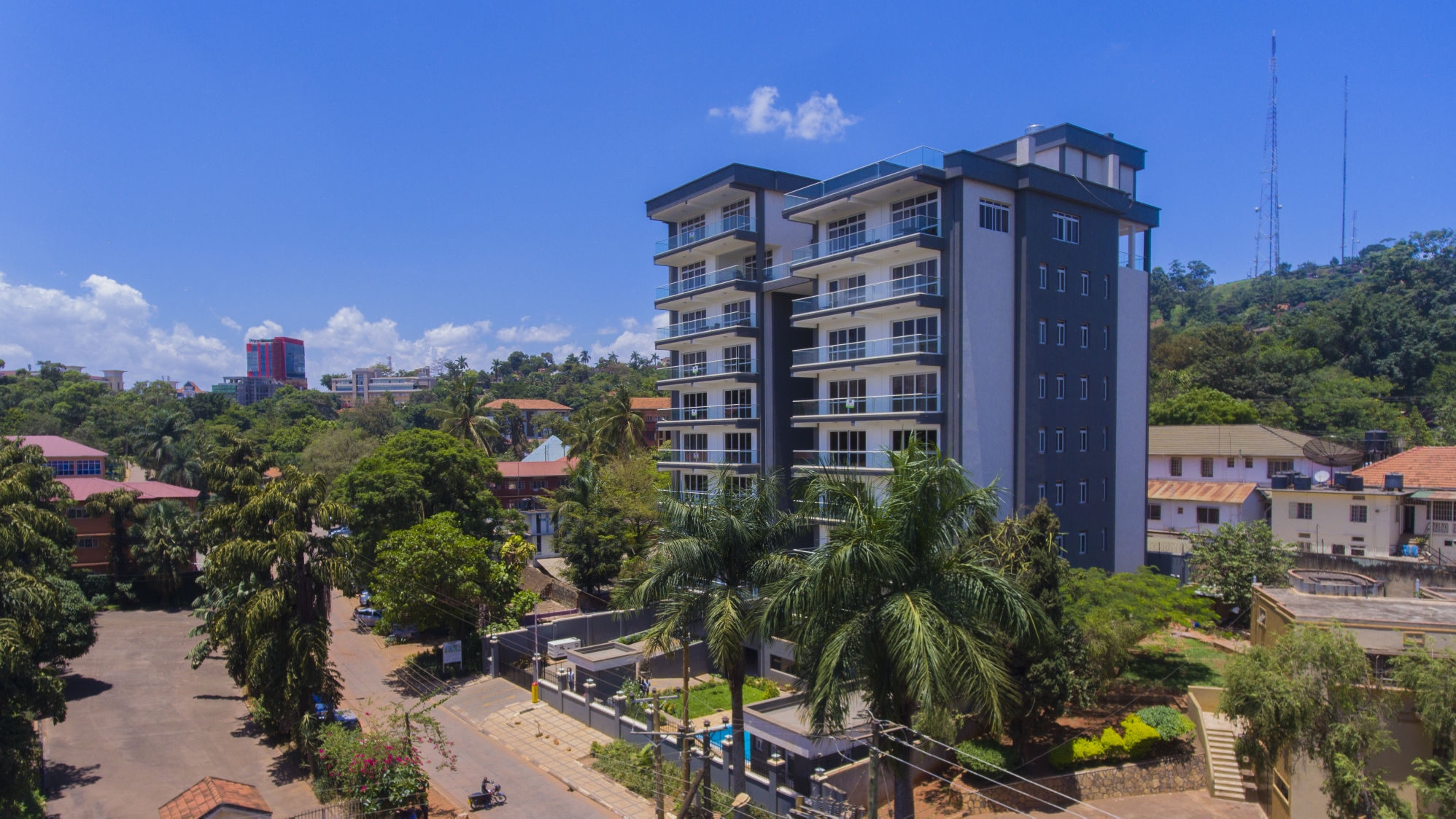Occupancy rates in prime residential properties located in the suburbs of Kololo, Nakasero, Bukoto, Bugolobi and Naguru, grew by 12 percent in the second half of 2021 compared to the same period in 2020.
This increase in demand is attributed to the return of expatriates to Uganda after travel restrictions due to COVID-19 were lifted, according to the latest Kampala property market update by Knight Frank Uganda.
Increased demand from individuals in the oil and gas affiliated fields has also driven the occupancy rates. In April last year, Uganda, Tanzania and oil firms Total and CNOOC agreed to start investment in the construction of the $3.5 billion crude pipeline that will produce and transport the crude oil.
Analysts have estimated that up to $20 billion is set to be invested in Uganda’s oil and gas development – refinery, pipeline and upstream development – in the next decade. This will attract expats from major international firms setting up shop in Uganda, and they will need high end properties where they can stay.
The signing of oil agreements in April resulted in a gradual increase in the rent for 2 and 3-bedroom apartments within the prime locations in Kampala and a general improvement in occupancies.
Average rents for 2 and 3 bedroom apartments increased by 3 percent and 4 percent respectively in the second half of 2021 as compared to the same period in 2020.
However, the continued closure of schools in Uganda meant expats could opted to keep their children out of the country which reduced expat family sizes.
Knight Frank reports that this led to a high demand for 1- and 2-bedroom units.
“H2 2021 also registered an increase in inquiries from Ugandans in the diaspora looking to buy property,” the report states.
The last half of 2021 also registered a 9 percent increase in stock of prime residential accommodation when compared to H2 2020. This increase represents about 400 apartment units with 150 units expected in Kampala’s prime residential suburbs in the next 12 months.
Over 75 percent of this stock are 3-bed apartment units.
Knight Frank reported increased leasing and sales activity in the secondary neighbourhoods and Greater Kampala suburbs of Ntinda, Naalya, Kulambiro, Kisaasi, Makindye, Lweza and Kigo (Entebbe Road) because of improved road infrastructure and increased access to services and utilities.
“Tenants have also been observed to opt for accommodation in these suburbs because of the slightly lower rents, coupled with the quality of available stock which is newer and similar to that provided in the prime residential suburbs,” reads the report.
According to Lucy Kaitesi Wamimbi, the Head of Residential Agency at Knight Frank Uganda, the Covid pandemic has changed the consumer behavior with many people now putting quality life above everything.
“The demand for quality has gone up. When Covid happened, people began to question why they are living and how long they will live. They began to choose living a good life,” Kaitesi said.
Looking forward, Knight Frank forecasts that prime residential rents will remain relatively stable for the short to mid-term as supply continues to outstrip demand. The rents have seen a downward correction (from $3,000 to $2,600) as compared to pre-covid rates.








